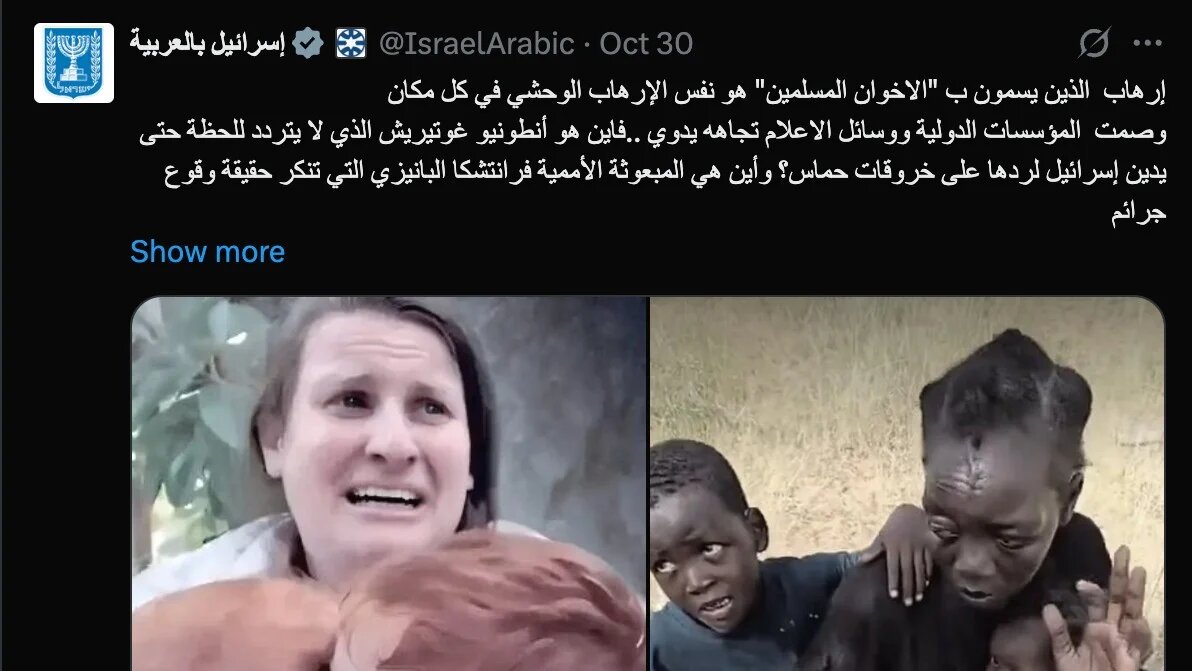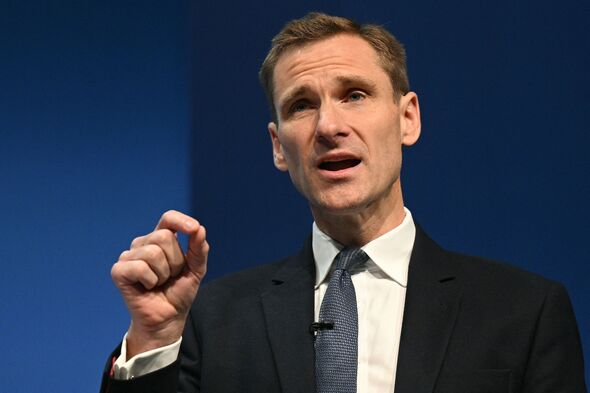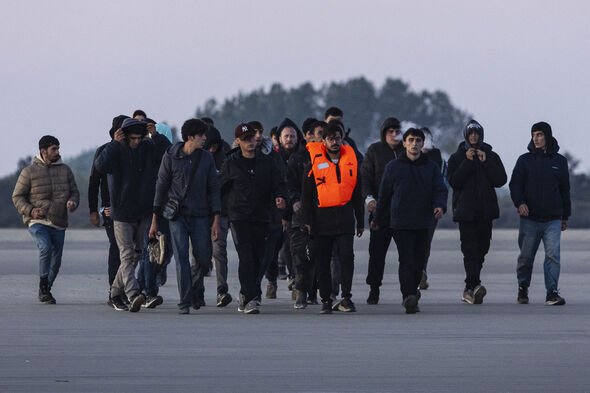Social media platforms have become battlegrounds as influencers from Israel and the United Arab Emirates (UAE) direct their efforts against the Sudanese Armed Forces (SAF). This online campaign coincides with reports of severe violence by the Rapid Support Forces (RSF) in the city of el-Fasher, where hundreds of civilians have been killed. The situation escalated dramatically on Sunday when the RSF, which has been besieging el-Fasher for over 500 days, intensified its offensive, leading to widespread atrocities against the local population.
As the RSF continues its assault, social media activity has surged, particularly from UAE-based influencers and official accounts. They have targeted the SAF, aiming to paint it in a negative light. Notably, Emirati analyst Amjad Taha has emerged as a prominent voice, drawing parallels between the SAF and groups like Hamas, which is currently involved in a conflict in Gaza. Taha’s assertions connect the Sudanese military to the Muslim Brotherhood, a claim that resonates with some audiences given Sudan’s recent political history.
In a column for the British publication Jewish News earlier this year, Taha described the SAF as “the Hamas of Africa.” He reinforced this comparison by juxtaposing images of families affected by violence in both Sudan and Gaza. One image depicted the Bibas family, an Israeli mother and her children who were taken captive by Hamas on October 7, 2023, and later killed. Taha argued that both families represent victims of “Muslim Brotherhood-led forces.” This portrayal has drawn criticism and raised questions about the veracity of the claims.
The RSF’s actions in el-Fasher have been documented extensively, with satellite imagery corroborating reports of mass killings and human rights abuses. As the RSF gains control of the city, which is home to approximately 260,000 residents, allegations of civil rights violations continue to mount. Reports indicate that the RSF’s siege tactics have led to significant humanitarian crises, exacerbating the plight of civilians in the region.
Israeli accounts, including the official Arabic language account, have echoed Taha’s rhetoric, framing the violence perpetrated by Hamas and the RSF as part of a larger pattern of terrorism linked to the Muslim Brotherhood. The posts emphasize a narrative of shared victimhood among those affected by these groups, aiming to garner international attention and support for their perspective.
In parallel, Emirati influencers have also positioned themselves against criticisms directed at the UAE regarding its involvement in the crisis. Posts from accounts like Sana Ebrahimi and Reem Awad have suggested that narratives blaming the UAE for the violence in Sudan are attempts to tarnish its image due to its stance against Hamas. Their coordinated messaging reflects a strategic effort to defend both the UAE and its alliance with Israel.
The conflict in Sudan, which erupted in April 2023, stems from escalating tensions between the SAF, led by General Abdel Fattah al-Burhan, and the RSF, commanded by Mohamed Hamdan Dagalo, known as Hemedti. Initially sparked by disputes over military integration plans, the conflict has devolved into a brutal war resulting in tens of thousands of deaths and the displacement of over 13 million people.
Human rights organizations and international observers have criticized both the SAF and RSF for alleged war crimes. Reports indicate that the RSF has engaged in widespread massacres, particularly in the Darfur region, while the SAF faces accusations of similar offenses. Despite this, both factions maintain support from various segments of the Sudanese population, complicating the conflict’s resolution.
Moreover, the UAE’s involvement has drawn scrutiny, particularly regarding claims that it has supplied the RSF with weapons through a complex network. Recent reports in the Wall Street Journal suggest that the UAE has increased its military support, including Chinese drones. This arms flow highlights the geopolitical dynamics at play, illustrating how foreign interests intersect with local conflicts.
As the violence continues and social media rhetoric escalates, the situation in Sudan remains dire. The humanitarian crisis deepens, and the international community is urged to address the emerging patterns of violence and the role of external influencers in shaping narratives around the conflict. The implications of this digital warfare extend beyond Sudan, potentially influencing perceptions and policy responses across the region.







